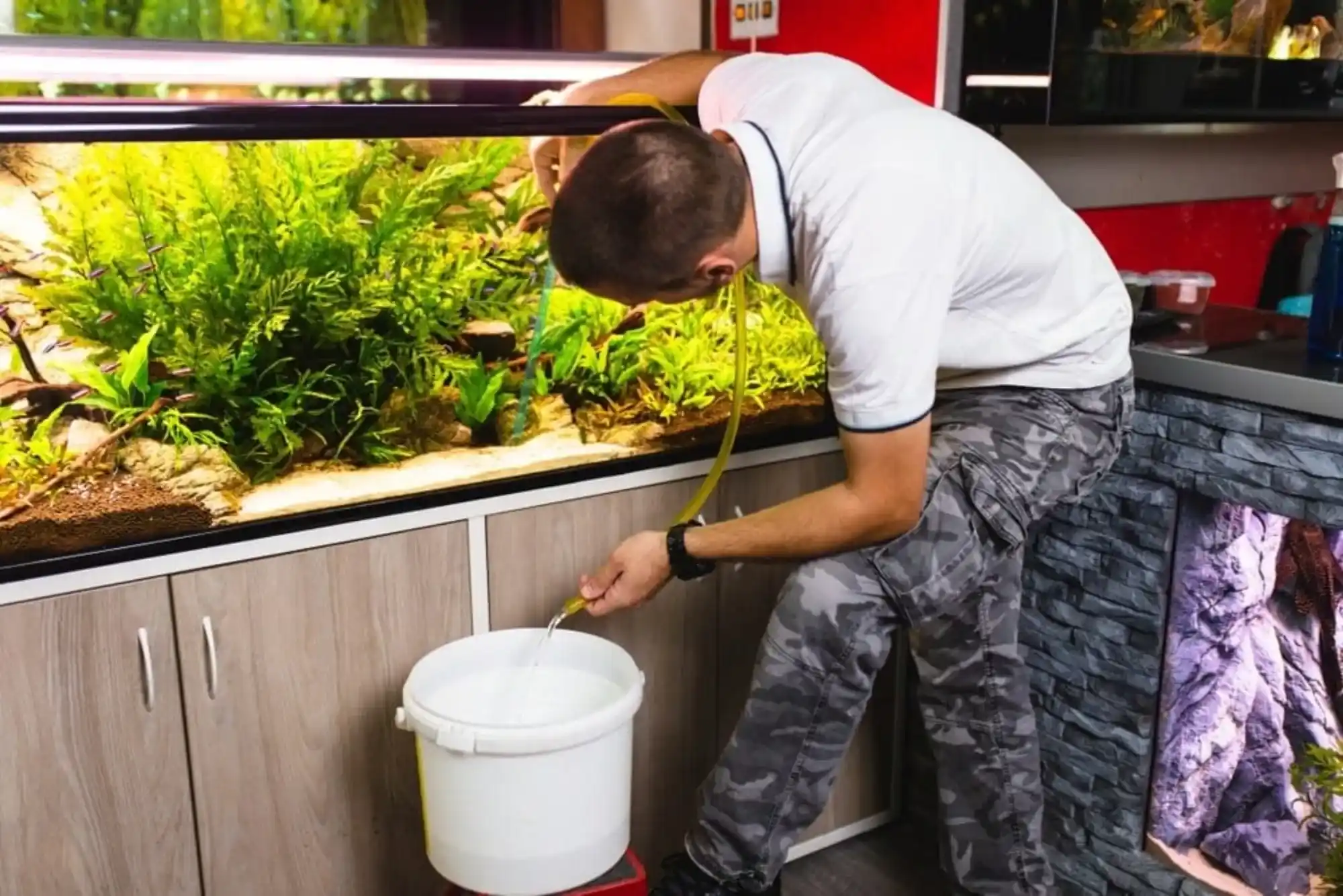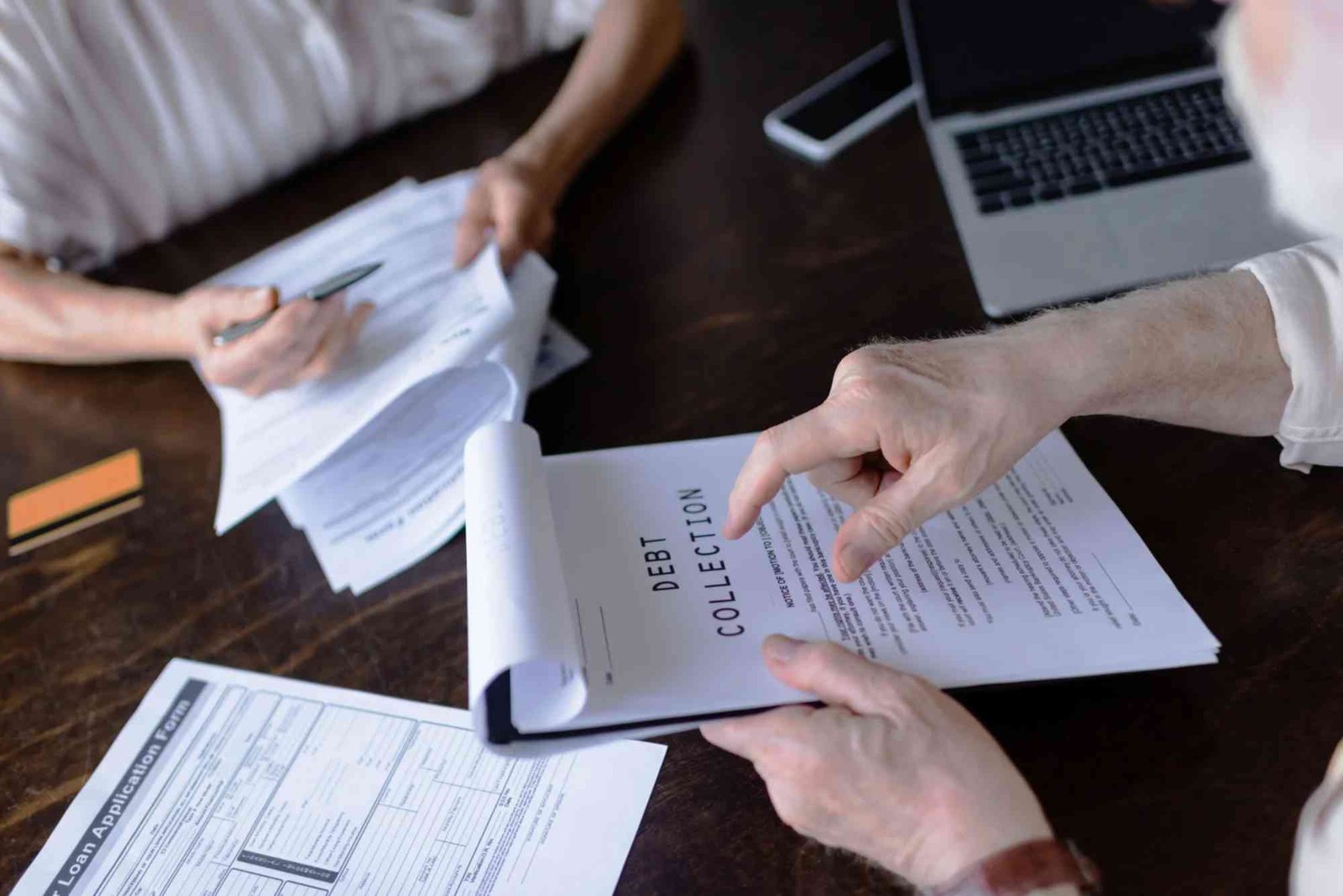Betta fish, known for their vibrant colors and captivating personalities, are a popular choice for aquarium enthusiasts in the UAE. However, when it comes to transporting Betta fish in Dubai’s intense heat, careful planning is essential. The extreme temperatures, which often exceed 40°C in summer, can quickly cause stress, illness, or even death if precautions aren’t taken.
This comprehensive guide offers expert-backed, practical advice on how to transport Betta fish safely in Dubai. Whether you’re moving them from the store to your home or relocating them to another city or country, these tips ensure a stress-free journey for your aquatic friend.
Why Heat Is a Major Concern for Betta Fish Transport
Understanding Betta Fish and Temperature Sensitivity
Betta fish, native to the tropical waters of Southeast Asia, thrive in water temperatures ranging from 24°C to 28°C. In Dubai, ambient outdoor temperatures can soar well beyond this range, especially during midday. If not properly managed, the temperature in a small transport container can rise rapidly, causing thermal shock or oxygen depletion.
Pre-Transport Preparation: The Key to Success
Before setting out on your journey, it’s essential to prepare both the fish and its transport environment. Below are important preparatory steps to minimize risk and maximize safety:
H2O Matters: Water Quality Preparation
-
Use conditioned, aged water to match the fish’s home aquarium.
-
Ensure the water is free of chlorine and heavy metals.
-
Maintain a consistent pH level to reduce stress.
Fasting Before Travel
Avoid feeding your Betta fish 24 hours prior to transport. A full stomach can lead to waste buildup during the journey, degrading water quality and causing stress or health issues.
Choose a Secure Container
-
Use a small, sturdy, leak-proof container with a secure lid.
-
Avoid plastic bags if possible, as they’re less stable in extreme heat.
-
Consider travel-specific Betta containers or poly boxes with insulation.
Best Practices for Transporting Betta Fish in High Temperatures
Use an Insulated Carrier
To protect against temperature spikes, use an insulated bag or box to hold the transport container. You can line the inside with foam or wrap it with a towel for added insulation.
Control Temperature with Ice Packs (Used Carefully)
-
Wrap ice packs in a cloth to avoid direct contact with the fish.
-
Place them beside the container inside the carrier.
-
Avoid freezing the water; aim to stabilize, not drastically cool.
Avoid Midday Travel
Schedule your trip during early morning or late evening when the heat is less intense.
During the Trip: Keep Conditions Stable
Minimize Movement and Vibration
-
Hold the container securely to avoid sloshing.
-
Avoid loud music or sudden jerks, especially on rough roads.
Limit Exposure to Sunlight
Never place the container near a window or in direct sunlight. Use sunshades inside the car to maintain a cooler interior temperature.
Monitor Water Temperature
Use a portable aquarium thermometer to keep an eye on the temperature throughout the journey.
After Arrival: Post-Transport Care
Once you reach your destination, your work isn’t done. Betta fish need a gentle reintroduction to their tank environment:
Acclimate Slowly
Float the transport container in the destination tank for 20–30 minutes to equalize temperatures. Then, gradually mix small amounts of tank water into the container every 10 minutes until the volume doubles.
Observe Behavior
Watch for signs of stress such as:
-
Faded coloration
-
Lethargy or erratic swimming
-
Clamped fins
Provide a calm, dimly lit space and avoid feeding for a few hours.
People Also Ask
Can I transport Betta fish in a plastic bag in hot weather?
It’s not recommended in Dubai’s heat. Plastic bags offer poor insulation and can lead to temperature spikes. Use insulated containers instead.
What is the safest time of day to transport Betta fish in Dubai?
Early morning or late evening is best to avoid extreme midday temperatures.
How long can a Betta fish stay in a transport container?
Ideally, less than 2 hours. Beyond that, oxygen levels drop, and the water quality declines.
Do Betta fish get stressed during transport?
Yes. Stress can lead to illness or death if not mitigated with proper transport methods.
Tools and Products to Help You Transport Betta Fish Safely
If you’re unsure where to find quality Betta fish and proper transport tools, Betta Fish Dubai is an excellent place to start. Their expertly bred Betta fish and accessories are well-suited for UAE conditions.
Additionally, United Fish Dubai offers a curated range of aquarium supplies, water conditioners, and insulated containers to ensure your fish’s comfort during travel.
For regular updates, new arrivals, and care tips, feel free to Follow us on Facebook for valuable insights from the Betta community in Dubai.
Bullet Summary: What to Remember
Before Transport:
-
Use conditioned water
-
Fast the fish for 24 hours
-
Choose an insulated container
During Transport:
-
Avoid peak heat hours
-
Use wrapped ice packs
-
Prevent direct sunlight exposure
After Transport:
-
Acclimate the fish slowly
-
Avoid sudden feeding
-
Monitor for stress signs
When Professional Help Is Needed
If your Betta fish shows signs of illness after transport, it’s crucial to act quickly. Seek advice from local aquatic vets or certified aquarists in Dubai. Some pet stores also offer emergency consultations for exotic fish species.
Final Thoughts
Betta fish are delicate creatures, and their wellbeing should always be the top priority—especially in a place as hot as Dubai. By preparing properly, transporting with care, and acclimating them gently, you can ensure a safe and stress-free move for your Betta.
With thoughtful planning and the right resources, you can protect your fish from heat-related issues and continue enjoying their beauty for years to come. Whether you’re a beginner or seasoned aquarist, taking heat seriously is the first step in responsible pet care. For expert-curated Betta fish and supplies designed specifically for the UAE climate, don’t forget to explore United Fish Dubai for trusted service and advice.




